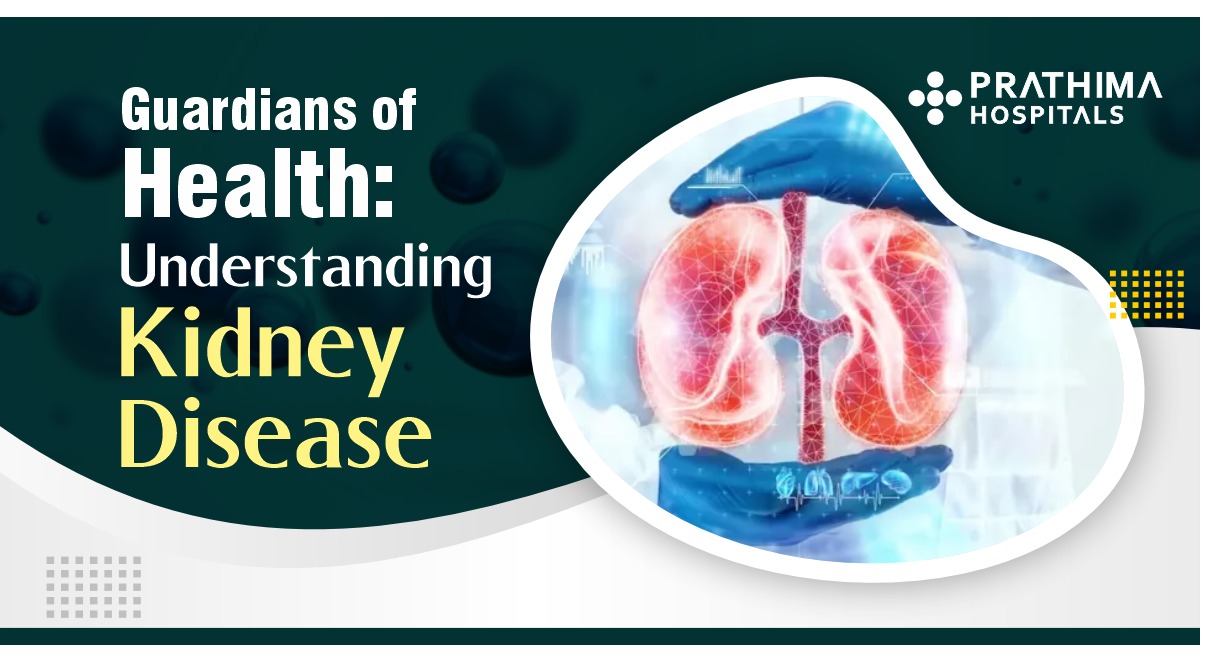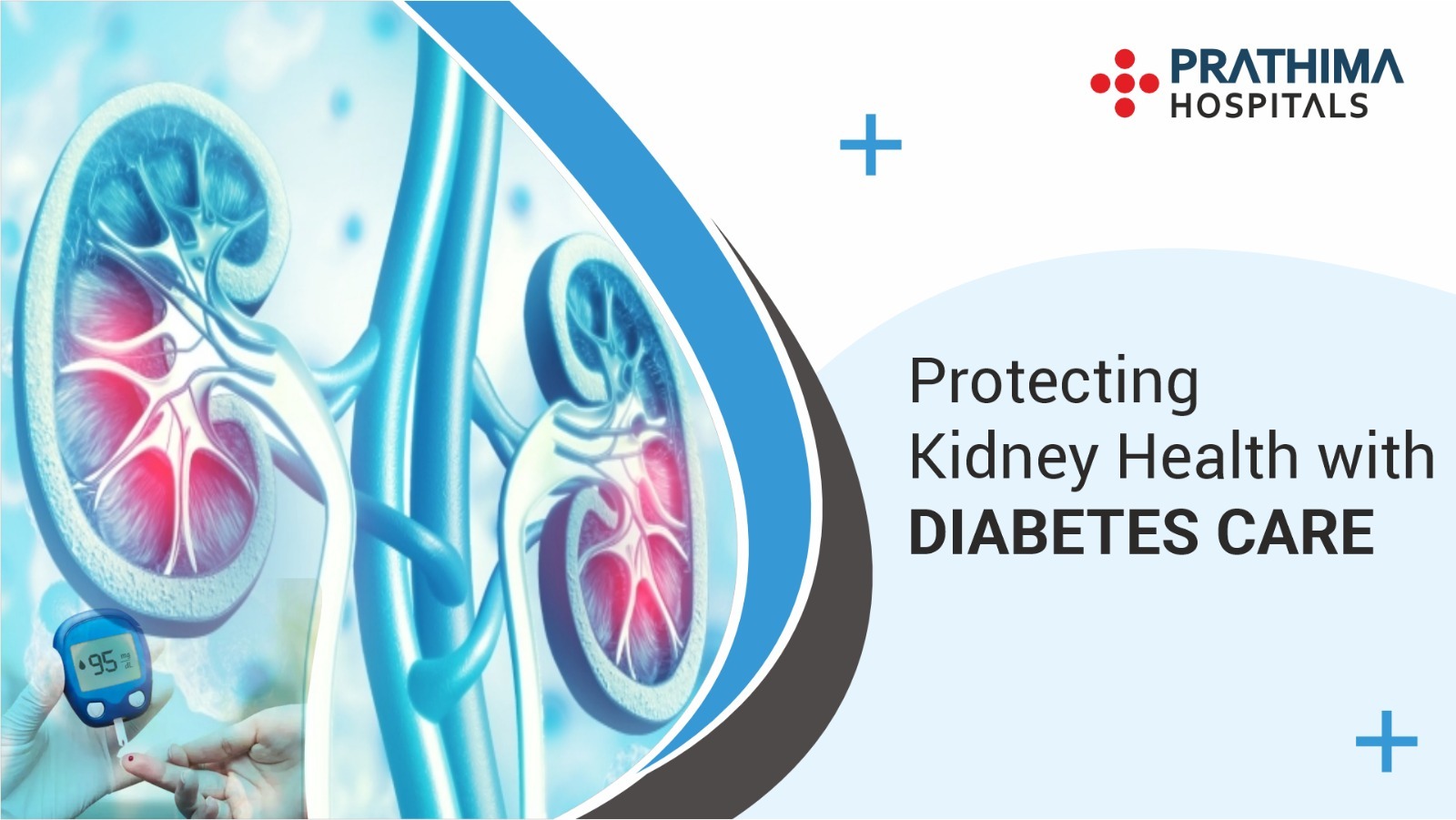UTI Awareness for Expecting Mothers: Symptoms, Prevention, and Management

UTI During Pregnancy
Urinary tract infections (UTIs) are bacterial infections that occur in any part of the urinary system, including the kidneys, ureters, bladder, and urethra.
During pregnancy, women are at an increased risk of developing UTIs due to hormonal changes, the growing uterus putting pressure on the bladder, and changes in urinary tract function as said by Best Gynecologist in Hyderabad.
Signs and symptoms of UTIs during pregnancy may include:
- Frequent urge to urinate
- Pain or burning sensation during urination
- Cloudy or strong-smelling urine
- Pelvic discomfort or pressure
- Blood in the urine (hematuria)
- Fever or chills (may indicate a kidney infection)
It’s essential for pregnant women to promptly seek medical attention if they experience any symptoms of a UTI, as untreated infections can lead to complications such as kidney infections and preterm birth.
Recognizing the Signs and Symptoms of Urinary Tract Infections During Pregnancy
Urinary tract infections (UTIs) are common during pregnancy and can cause discomfort and potential complications if left untreated. Recognizing the signs and symptoms of UTIs is crucial for timely intervention and management. Here’s a detailed exploration of the key symptoms pregnant women should be aware of:
Frequent Urination:
Pregnant women may experience an increased urge to urinate, often more frequently than usual. This frequent need to urinate can be persistent and disruptive to daily activities.
Pain or Burning Sensation:
A burning sensation or pain during urination is a classic symptom of a UTI. This discomfort typically occurs in the urethra and can range from mild to severe, causing significant discomfort.
Cloudy or Strong-Smelling Urine:
Changes in urine appearance and odor are common indicators of a UTI. Pregnant women may notice that their urine appears cloudy or has a stronger-than-usual odor, often described as foul or pungent.
Pelvic Discomfort:
Some pregnant women with UTIs may experience pelvic discomfort or pressure. This discomfort can vary in intensity and may be accompanied by a sense of heaviness or fullness in the pelvic region.
Hematuria (Blood in Urine):
Blood in the urine, known as hematuria, can occur with UTIs, particularly if the infection has progressed to involve the kidneys. Pregnant women should promptly report any instances of blood in their urine to their healthcare provider.
Fever or Chills:
In more severe cases, UTIs can lead to systemic symptoms such as fever and chills. These symptoms may indicate that the infection has spread to the kidneys, a condition known as pyelonephritis, which requires immediate medical attention.
It’s essential for pregnant women to remain vigilant and attentive to any changes in urinary habits or discomfort. Prompt recognition and treatment of UTIs during pregnancy are essential for preventing complications and ensuring the health and well-being of both the mother and the baby. If experiencing any of these symptoms, it’s Consult Prathima hospital Expert Urologist and gynecologist for proper evaluation and management as said by Best Gynecologist in Kukatpally.
Tips for Preventing Urinary Tract Infections During Pregnancy
During pregnancy, a woman’s body undergoes numerous changes, including an increased risk of urinary tract infections (UTIs). UTIs can be uncomfortable and even dangerous during pregnancy if left untreated. However, there are steps expecting mothers can take to reduce their risk of developing UTIs. In this blog post, we’ll discuss some simple yet effective tips for avoiding UTIs during pregnancy.
Stay Hydrated:
Hydration plays a crucial role in preventing UTIs. Drinking plenty of water helps to flush bacteria from the urinary tract, reducing the risk of infection. Aim to drink at least eight glasses of water per day, and consider increasing your intake if you’re active or experiencing hot weather.
Practice Good Hygiene:
Maintaining good hygiene is essential for preventing UTIs. When using the bathroom, always wipe from front to back to prevent bacteria from entering the urethra. Additionally, be sure to wash the genital area thoroughly with mild soap and water, especially before and after intercourse.
Urinate Frequently:
During pregnancy, the growing uterus can put pressure on the bladder, increasing the risk of UTIs. To reduce this risk, make a habit of urinating frequently, even if you don’t feel the urge to go. Emptying your bladder regularly helps to prevent the buildup of bacteria.
Wear Loose, Breathable Clothing:
Tight-fitting clothing can trap moisture and create a warm environment that is conducive to bacterial growth. To avoid this, opt for loose, breathable clothing, especially underwear made from cotton. Cotton allows air to circulate, keeping the genital area dry and reducing the risk of UTIs.
Practice Safe Sex:
Sexual activity can increase the risk of UTIs, especially during pregnancy when hormonal changes can make the urinary tract more susceptible to infection. To reduce this risk, practice safe sex by using condoms or other barrier methods. Additionally, be sure to urinate before and after intercourse to help flush out any bacteria that may have entered the urinary tract.
Avoid Holding Urine:
Holding urine for extended periods can allow bacteria to multiply in the bladder, increasing the risk of UTIs. To prevent this, listen to your body’s signals and urinate as soon as you feel the urge. If you’re unable to access a restroom right away, try to find a suitable alternative, such as a portable toilet or restroom facility.
Take Probiotics:
Probiotics are beneficial bacteria that can help maintain a healthy balance of microorganisms in the body, including the urinary tract. Consider taking a probiotic supplement or consuming probiotic-rich foods, such as yogurt or kefir, to support urinary tract health during pregnancy.
Avoid Harsh Chemicals:
Harsh chemicals found in certain hygiene products, such as douches and feminine sprays, can disrupt the natural balance of bacteria in the genital area, increasing the risk of UTIs. Instead, opt for gentle, fragrance-free products that are specifically formulated for sensitive skin.
Stay Regular with Doctor Visits:
Regular prenatal check-ups are essential for monitoring your health and addressing any concerns that may arise during pregnancy. Be sure to attend all scheduled appointments with your healthcare provider and discuss any symptoms or issues you may be experiencing, including signs of a possible UTI.
Know the Symptoms:
As per Best Gynecologist in Kachiguda, Familiarize yourself with the symptoms of UTIs, which may include a frequent urge to urinate, pain or burning during urination, cloudy or foul-smelling urine, and pelvic discomfort. If you experience any of these symptoms, contact your healthcare provider promptly for evaluation and treatment.
In conclusion, urinary tract infections are common during pregnancy but can be prevented with proper hygiene, hydration, and lifestyle choices.
Regular prenatal check-ups allow healthcare providers to monitor urinary tract health and address any concerns early on. Prompt diagnosis and treatment of UTIs during pregnancy are crucial for ensuring the health and well-being of both the mother and the baby.
.
.
.
.
.
For More Details:
📞:: 733 733 6600 | 040 4345 4345
🌐:: https://prathimahospitals.com/book-appointment/





